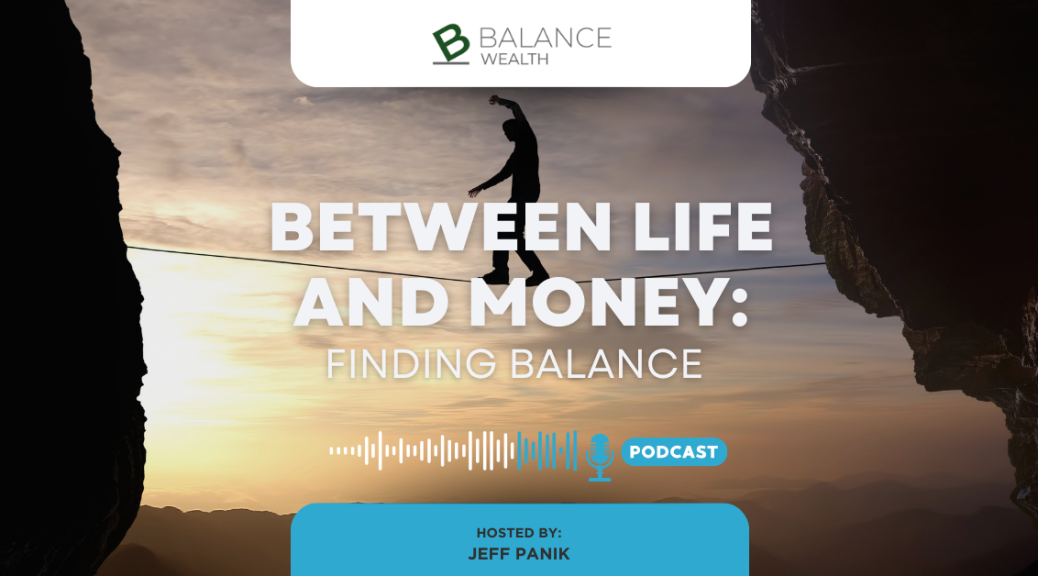
Tackling Debt and Loans: Smart Strategies for Credit Cards and Auto Financing (Ep. 22)
Crushed by credit card debt or feeling trapped by a high-interest auto loan? It’s time to take back control of your finances.
In this episode, host Jeff Panik shines a spotlight on the staggering $1.15 trillion credit card debt crisis, revealing how record-high interest rates of 22.75% and widespread financial illiteracy are making things worse for many. Offering practical, actionable advice, Jeff uncovers smart strategies for managing credit cards responsibly—everything from maximizing rewards and utilizing balance transfers to building credit with secured cards.
The strategies don’t stop there. Jeff also tackles the rising costs of auto loans, explaining how to minimize total ownership expenses and obtain better financing terms, even in a high-interest environment.
Whether you’re dealing with credit card debt or struggling with auto loan payments, this episode equips you with the necessary tools and insights to make informed financial decisions..
Key Highlights:
- Rising Credit Card Debt: With credit card debt hitting a record $1.15 trillion, learn how to navigate this financial challenge
- Types of Credit Cards: Discover how secured, balance transfer, and rewards cards can help you manage debt and improve your financial health
- Credit Card Management: Get essential tips on setting budgets and monitoring accounts to prevent fraud and keep debt under control
- Auto Loan Strategies: Understand how rising car prices and interest rates impact auto loans, and learn strategies to reduce costs
- Practical Tips: Avoid impulsive credit card offers, time major purchases wisely, and leverage financial tools to stay on top of payments
- And much more!
Resources:
Connect with Jeff Panik:
Podcast: Play in new window | Download | Embed